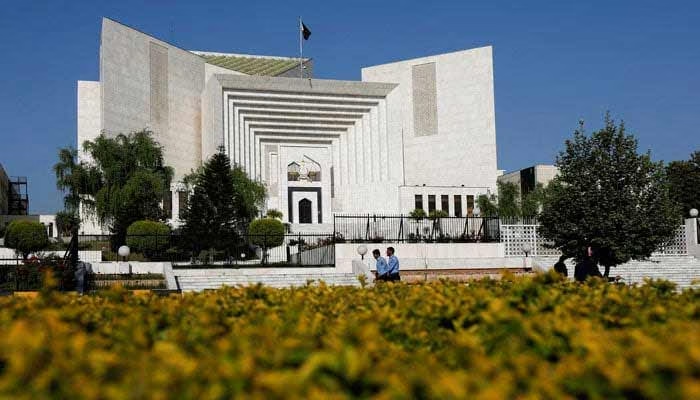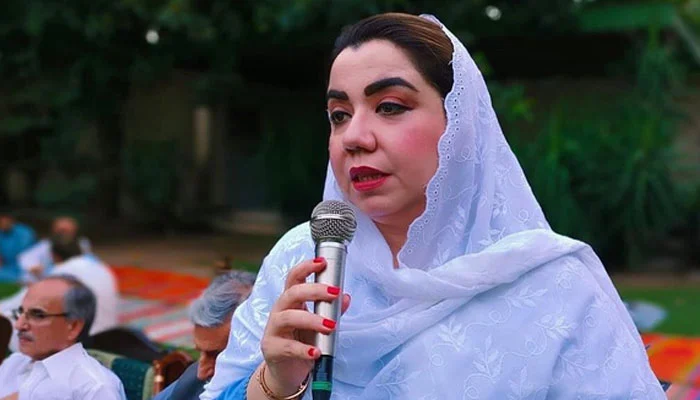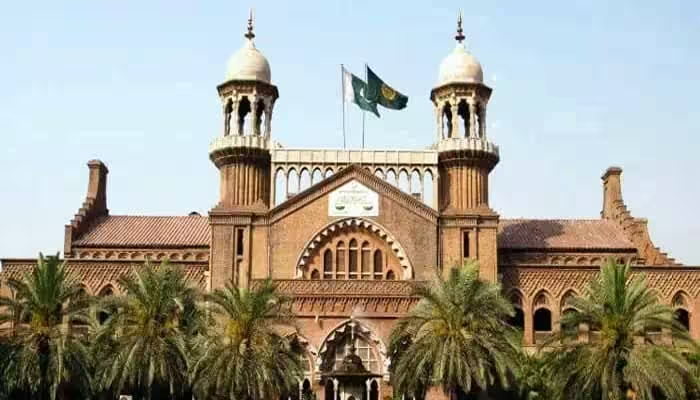The Supreme Judicial Council (SJC) has introduced significant amendments to the judges’ code of conduct, effectively barring members of the judiciary from engaging with the media or commenting publicly on political matters. The update, approved under the leadership of Chief Justice of Pakistan and SJC Chairman Justice Yahya Afridi, marks a major step toward preserving judicial neutrality and institutional discipline.
The SJC meeting was held at the Supreme Court of Pakistan in Islamabad, chaired by Chief Justice Yahya Afridi. The session was virtually attended by Supreme Court Justices Syed Mansoor Ali Shah and Munib Akhtar, while Lahore High Court Chief Justice Aalia Neelum and Islamabad High Court Chief Justice Sardar Muhammad Sarfraz Dogar participated in person.
Judges Barred from Media Interaction and Political Comments
According to the newly amended code of conduct, judges are prohibited from participating in public controversies or making comments on political questions. The Supreme Judicial Council stated that judges should not engage in any public controversy, whether by way of speech, writing, debate or comment at any forum, and least of all on political questions, even if such questions involve a question of law.
Furthermore, the SJC emphasized that judges must refrain from all forms of media interaction, particularly when it may lead to public debate or affect institutional discipline. This clause is intended to protect the judiciary’s independence and prevent external influence or perception of bias.
Reversal of Amendments Made During Former Chief Justice Qazi Faez Isa’s Tenure
The Supreme Judicial Council’s latest decision reverses amendments introduced during the tenure of former Chief Justice Qazi Faez Isa. The earlier version had allowed judges to respond publicly to allegations or criticism. Under the new guidelines, judges will no longer be able to defend themselves through media statements.
Instead, a newly added Article 15 requires judges to submit written responses to a five-member committee — comprising the Chief Justice of Pakistan and the four senior-most judges — through the Supreme Court Registrar. This institutional response mechanism aims to ensure that all public communications regarding judges are handled formally and with collective approval.
Judicial Independence Reinforced Under Article 15
Article 15 of the revised code reinforces the principle of judicial independence by requiring judges to perform their duties based solely on merit, free from both internal and external influence. The Supreme Judicial Council stressed that intellectual integrity and moral independence must guide all judicial actions.
If a judge faces external pressure or attempts at influence, they must immediately report the incident in writing to the Chief Justice of the relevant High Court, the Chief Justice of Pakistan, and the four senior-most judges of the Supreme Court. If no response is provided within the prescribed time, the Chief Justice of Pakistan and the senior-most judges will take up the matter to ensure accountability and safeguard judicial autonomy.
Restrictions on Foreign Invitations Under Article 13
Another major amendment introduced by the Supreme Judicial Council relates to foreign engagements. Under Article 13, judges are now prohibited from directly accepting invitations to attend international meetings, conferences, or events organized by foreign entities. Instead, such invitations must be routed through the respective Chief Justice for official approval.
The SJC clarified that directly soliciting invitations from international organizations will be considered misconduct, as it may compromise judicial impartiality or create the perception of bias. This measure strengthens the judiciary’s commitment to transparency and neutrality in international representation.
Supreme Judicial Council Reviews 67 Complaints Under Article 209
During the same meeting, the Supreme Judicial Council examined 67 complaints filed under Article 209 of the Constitution by various individuals. Of these, 65 complaints were unanimously dismissed, one was deferred, and one was approved for further processing by majority decision.
Additionally, the reconstituted Council reviewed seven new complaints, out of which five were unanimously filed while two were approved for further consideration. This brings the total number of pending cases requiring initial review to 87. Since October 2024, the SJC has handled 155 complaints, reflecting its active role in maintaining judicial accountability.
Ensuring Judicial Accountability and Public Trust
The Supreme Judicial Council’s decision to amend the judges’ code of conduct represents a pivotal step toward strengthening judicial discipline and restoring public confidence in the justice system. By barring judges from media involvement and political commentary, the SJC aims to eliminate any perception of bias and ensure that judicial proceedings remain fair, transparent, and independent.
These reforms not only reinforce institutional discipline but also align Pakistan’s judicial framework with international standards of impartiality and ethical conduct. With clearer accountability mechanisms and restricted public exposure, the judiciary is expected to function with greater focus on integrity, professionalism, and national interest.



